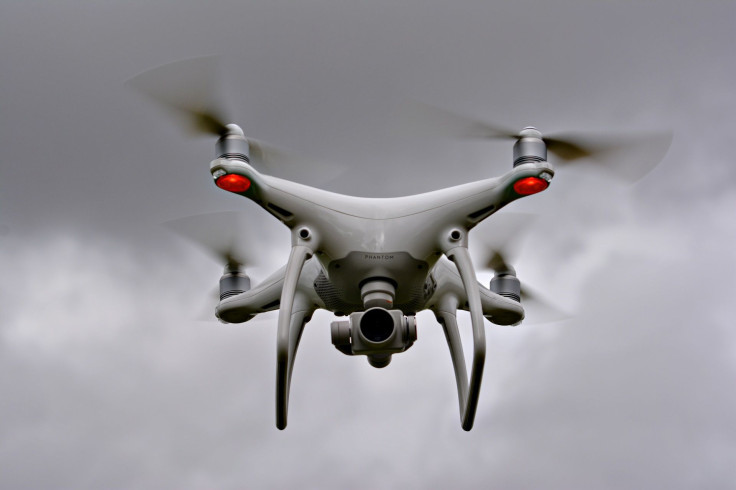Drone Regulations: Proposed Legislation Would Require Warrant For Spying In U.S.

Two Democratic lawmakers proposed legislation Wednesday that would protect the privacy of U.S. citizens from the growing use of drones by government and commercial entities.
The bill, dubbed the Drone Aircraft Privacy and Transparency Act, was introduced by Democratic Senator Ed Markey of Massachusetts and Congressman Peter Welch of Vermont to install transparency standards for drone usage and privacy protections for individuals.
Read: Drone Regulations: FAA Issues Largest Fine Ever To UAV Company For Illegal Flights
According to the two legislators, the bill will require disclosure for location, flight timing and ownership information of unmanned aerial vehicles. It will also require that any data collected by drones adhere to privacy protections.
The bill would require data collected by drones to undergo a minimization process to make sure no unnecessary or excess personally identifying information is gathered. It would also require disclosure of collection and the acquisition of a warrant for law enforcement or surveillance use.
To enforce the proposals, the Federal Aviation Administration (FAA) would only issue licenses to operators who provide a data collection statement that would require a number of disclosures, including who will operate the drone, where the drone will be used, what kind of data it will collect, how that data will be used, whether the data will be sold to third parties, and how long the data will be retained.
The FAA would also be required to create a public-facing website that would list all approved licenses and provide details as to their data collection practices and scheduled flight operations.
Read: Combatting Terrorism: French Military Training Eagles For Drone Defense
“Drones flying overhead could collect very sensitive and personally identifiable information about millions of Americans,” Senator Markey said in a statement. He claimed the legislation requires “transparency in domestic drone use and adds privacy protections that ensure this technology cannot and will not be used to spy on Americans.”
“Drones are a valuable tool for commerce, law enforcement, and public safety as well as a fun hobby. Our statutes must be updated to reflect the emergence of this soon-to-be ubiquitous technology to ensure privacy and transparency in their operation and use,” Congressman Welch said in a statement.
The proposed bill marks the latest in a number of attempts to craft regulatory guidelines for drone usage in the U.S. The unmanned aircrafts have grown increasingly popular in recent years, and the FAA expects that will continue. The agency estimates there could be as many as 2.7 million commercial drones in U.S. airspace by 2020.
The bill would act as an update to the FAA Modernization and Reform Act of 2012, which began to establish policies for commercial drone use in the U.S. Markey and Welch introduced a similar proposal in 2015.
© Copyright IBTimes 2024. All rights reserved.




















